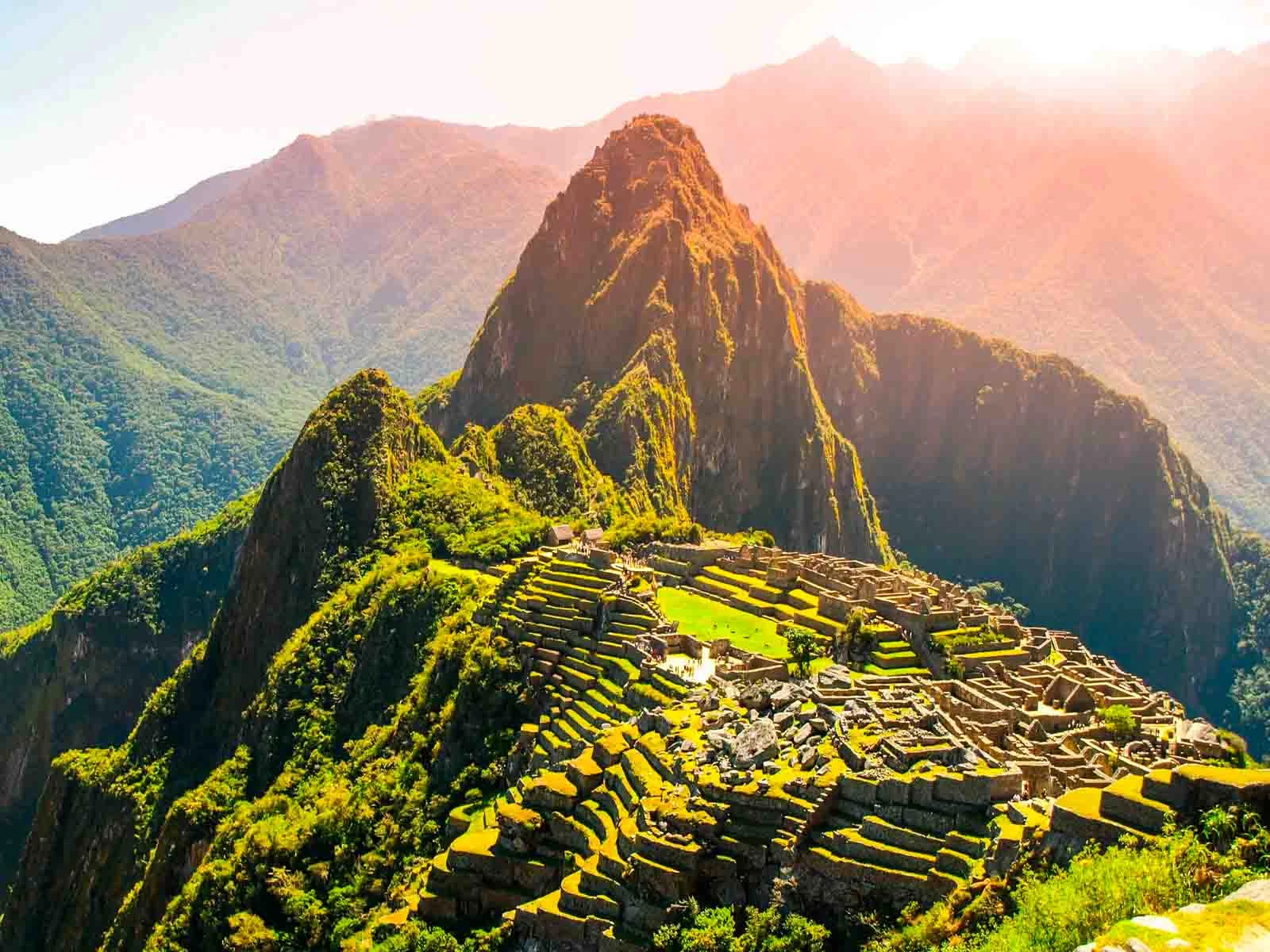
Carbon Neutral Wonder of the World Consolidates Unique Standing | Travel News
On June 27th, Machu Picchu celebrated its 17th anniversary as one of the Seven Wonders of the Modern World by reaffirming its status as a ‘Carbon Neutral Destination’. Machu Picchu remains the only world wonder with this distinction, highlighting Peru’s leadership in environmental sustainability.
This accomplishment was achieved through comprehensive sustainability initiatives. The Peruvian government, in partnership with various stakeholders, implemented measures such as renewable energy projects and extensive reforestation efforts to reduce and offset carbon emissions. Facilities for compacting PET plastic and cardboard, converting waste oil into biodiesel, and pyrolyzing organic waste were established to efficiently manage waste and reduce the carbon footprint (Perú Info) (Andina).
The certification as a carbon-neutral destination was awarded by Green Initiative, a leading climate certification organization, based on Machu Picchu’s carbon emissions data from 2019. This initiative included collaborations between the public and private sectors, involving organizations like the Municipality of Machu Picchu, AJE Group, Inkaterra, Tetra Pak, and the Commission for the Promotion of Peru for Export and Tourism (UNWTO).
Additionally, Machu Picchu has adopted sustainable tourism practices to preserve its natural and cultural heritage. These practices include stringent waste management protocols, water conservation measures, and eco-friendly transportation options for visitors. Educational programs have also been introduced to raise awareness among tourists about the importance of environmental conservation (Perú Info).
This ongoing commitment to sustainability has preserved the unique historical and ecological significance of Machu Picchu and positioned it as a global example of sustainable tourism. By achieving and maintaining its carbon-neutral status, Machu Picchu sets a benchmark for other heritage sites worldwide, demonstrating how tourism can coexist with environmental conservation (Andina).
Check Our Suggested Tours:
- Sacred Valley's uphill ascent to the Machu Picchu adventure
- Following the Path to the Sacred Sun Gate
- Peru By Belmond Tour
- The Soul of Two Worlds: A Grand Amazon & Andes Expedition 14d/13n
- Family Adventure Tour
- From the Heart of the Jungle to the Sacred Mountain: A Luxury Expedition Through the Amazon & Ausangate 16d/15n
